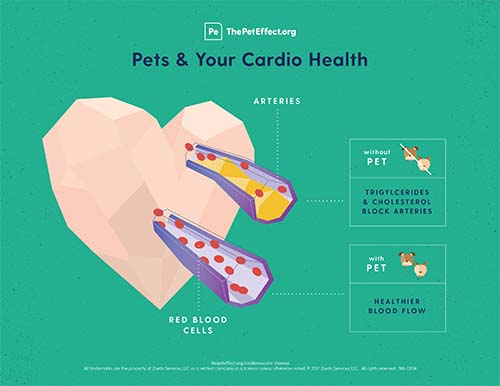Human Animal Bond Research Institute Awards Grant to Texas Tech University
Washington, D.C. (September 19, 2017) — The Human Animal Bond Research Institute (HABRI) announced today it has awarded a $33,717 grant to the Texas Tech University for a new study, Integration of AAI and Applied Behavior Analysis to Improve Academic Performance in Children with Intellectual and/or Developmental Disability (IDD). This study will examine the effect of an integrated animal-assisted intervention (AAI) in Applied Behavior Analysis (ABA) on children’s academic performance and physiological stress.
“The goal of this study is to determine if interaction with a therapy dog during an ABA-based intervention results in improved academic response and a decrease in child stress levels,” said the study’s principal investigator, Alexandra Protopopova, PhD, Texas Tech University. “The results of this study may provide support for incorporating animals into ABA-based therapy, a bridging of two beneficial therapies for individuals with ASD/IDD that could result in the emergence of advancements in behavioral science.”
The one-year, single-subject designed study will examine 6 children between the ages of 4 and 13 with ASD/IDD. The unique, within-subject design will use the 6 participants to address each aim of the study. Dr. Protopopova, Assistant Professor of Animal and Food Sciences and co-investigator Breanna N. Harris, PhD, Research Assistant Professor of the Department of Biological Sciences, will expose each child to 5 conditions, 5 times each in a random sequence and will measure on-task behavior and collect saliva for measurement of cortisol levels. The investigators will then compare each condition on an individual basis. It is expected that when provided with a therapy dog during the ABA-based intervention, the children will have significantly lower stress and that the dogs will be a more potent and durable reward for children, resulting in educational improvements.
“Scientific research, including results of previous HABRI-funded studies, has shown that therapy dogs can have a positive impact on children with autism, as well as provide benefits for their families,” said HABRI Executive Director Steven Feldman. “HABRI’s grant to Texas Tech University will help advance the science on the benefits of companion animals as a complimentary treatment to more traditional methods. The more we can demonstrate the positive role pets play in human health, the more people can benefit from the healing power of the human-animal bond.”
About HABRI
The Human Animal Bond Research Institute (HABRI) is a not-for-profit organization that maintains the world’s largest online library of human-animal bond research and information; funds innovative research projects to scientifically document the health benefits of companion animals; and informs the public about human-animal bond research and the beneficial role of companion animals in society. For more information about HABRI, visit www.habri.org.
Contact
Liz Thomas
liz@theimpetusagency.com
775.322.4022
###





